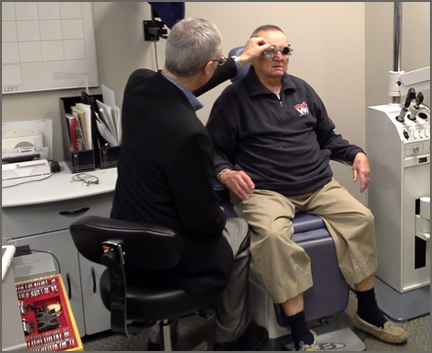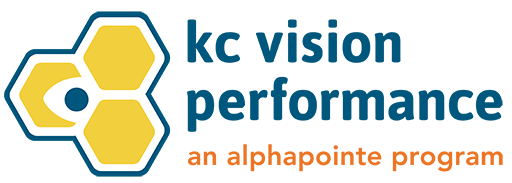Even if you have been told “nothing can be done to fix your vision” that doesn’t mean you aren’t a candidate for low vision rehabilitation. This special area of vision care involves evaluating your useful vision, offering solutions to suit your needs and abilities, prescribing new lenses and devices, and receiving training with those new glasses and devices.
During a low vision rehabilitation evaluation, your good vision will be tested and a treatment plan will be recommended for new glasses and/or devices. Patients may also receive training and support from our Certified Low Vision Therapist which helps in learning to use new tools and demonstrating ways to make everyday activities easier.
- How can I continue my normal, routine activities?
- Are there resources to help me in my job?
- Will any special devices help me with daily activities like reading, working, seeing the computer, sewing, playing cards, seeing TV, cooking, using appliances or fixing things around the house?
- What training and services are available to help me live better and more safely with vision loss?
- Where can I find individual or group support to cope with my vision loss?

Low Vision Refraction
Our goal is to help you maintain or improve your visual performance, enjoy hobbies and complete daily tasks to your best ability.
Your appointment will typically last up to two hours and will include:
Clinical low vision rehabilitation exam
Prescription of optical solutions that lead to better visual performance
Treatment plan to help you become proficient in using new prescriptions and devices
Training and recommendations from our Certified Low Vision Therapist
